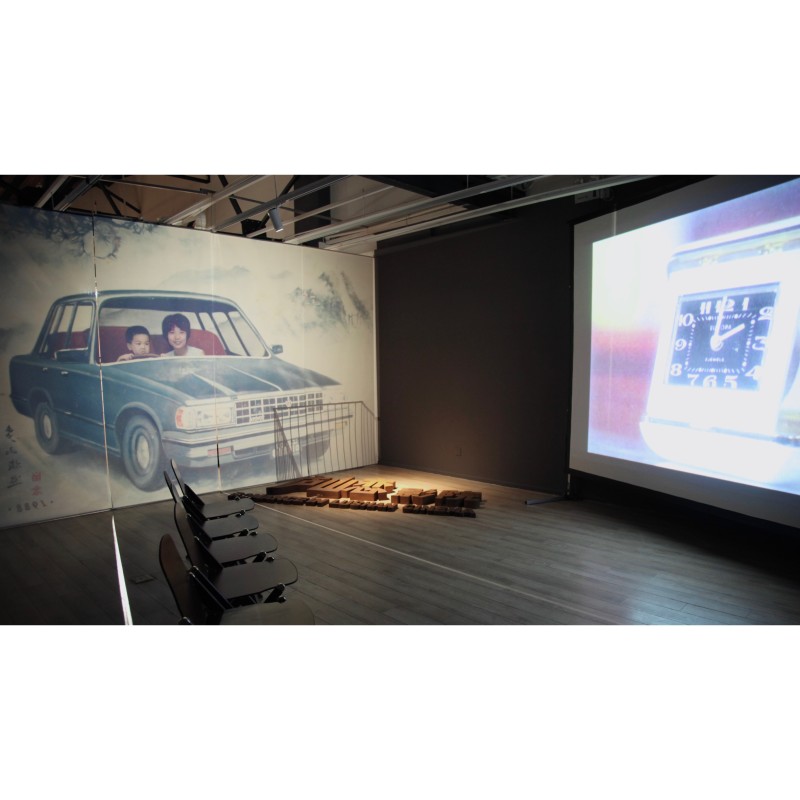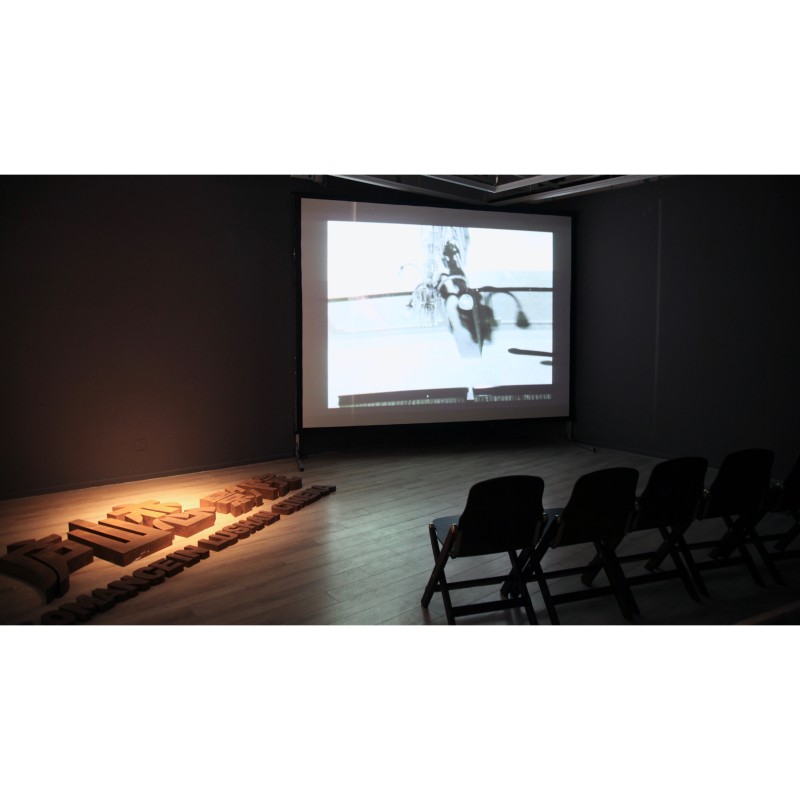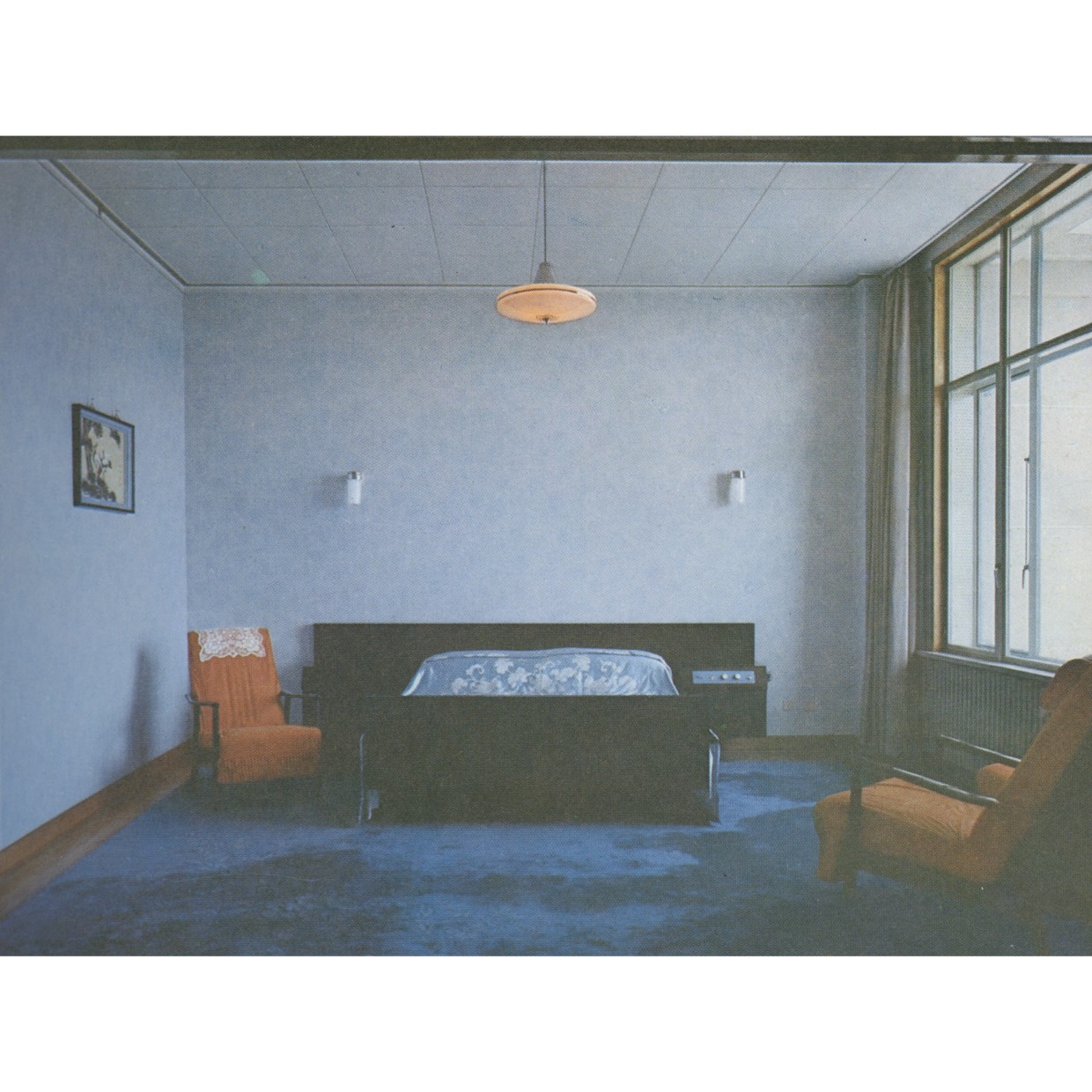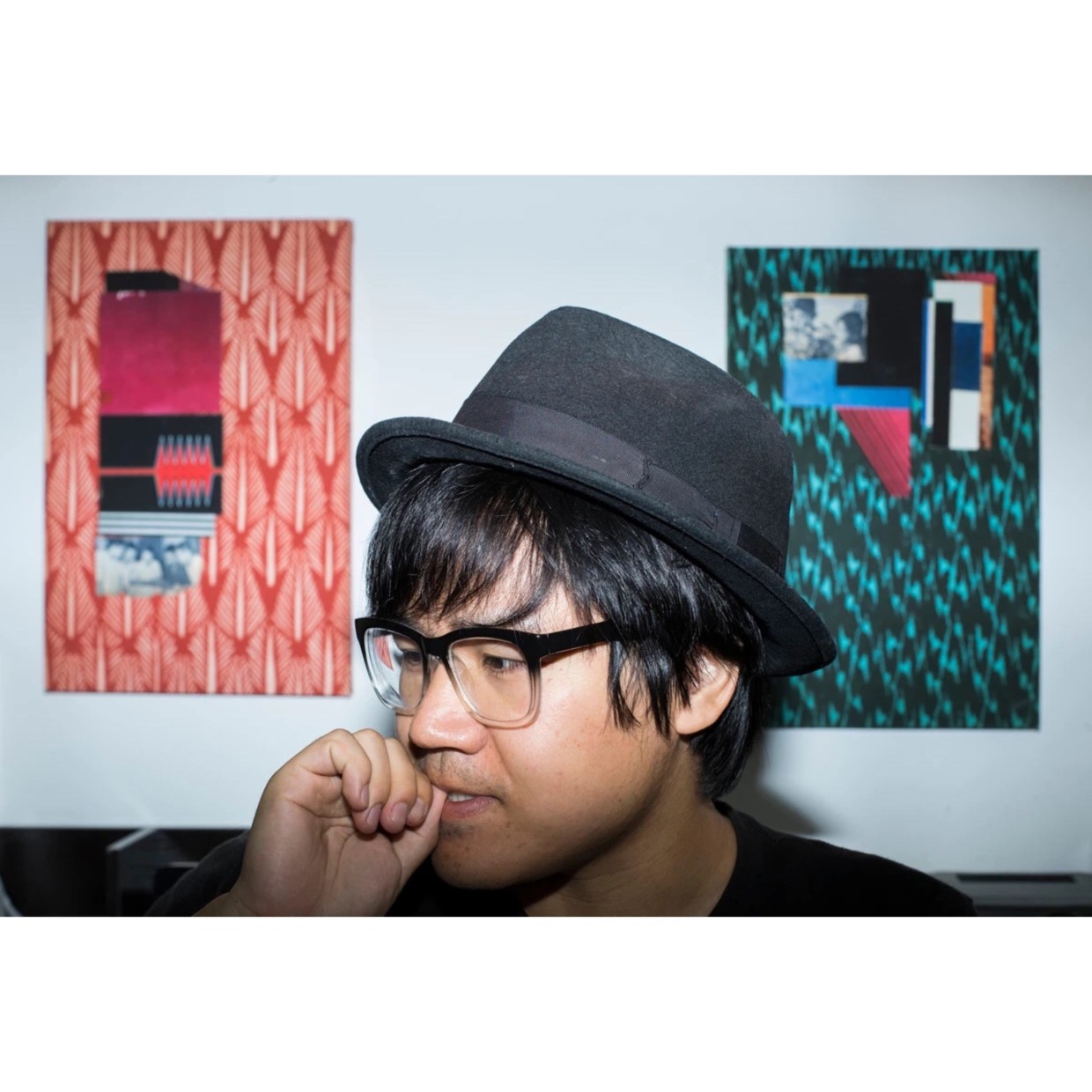


This project originated from an old photograph of the artist at Lushan Mountain in 1988. There’s nothing of the real Lushan in the photograph, taken in a photo studio. Three-year-old Lei Lei and his mother are sitting in a cardboard car in a reconstituted Chinese traditional landscape. Using black-and-white amateur photos from flea markets, postcards, propaganda images from the Mao era, screenshots from the film Romance on Lushan Mountain (the first romance film made after the Cultural Revolution, in 1980), and photos turned up in Web searches, Lei Lei creates a video collage mixing individual and collective memory. The artist’s nostalgia serves as the starting point of a quest for truth regarding history, family, and personal identity. Which is more significant nowadays, the photograph as a work of art or as archival image? Which is more important, the picture or the process of image production; the fact that an image is viewed or the context in which it is viewed? It is also a reflection on the image and the status of the author.

Born 1985, Nanchang (Jiangxi Province), China. Lives and works in Beijing, China, and Los Angeles, USA. Lei Lei is an experimental animation artist with his hands on video arts, painting , installation, music and VJ performance. In 2009 he earned a master's degree in animation from Tsinghua University. In 2010, his film This is LOVE was shown at Ottawa International Animation Festival and awarded the 2010 Best Narrative Short. In 2013 his film Recycled was selected by Annecy festival and was the Winner Grand Prix shorts-non-narrative at Holland International Animation Film Festival. In 2014 he was part of the Jury of Zagreb 1 Holland Inter-national Animation Film Festival, and on the same year won the 2014 Asian Cultural Council grant. In 2017, Lei Lei was enrolled as a faculty member of CalArts Experimental Animation program in California.
This website uses cookies
This site uses cookies to help make it more useful to you. Please contact us to find out more about our Cookie Policy.